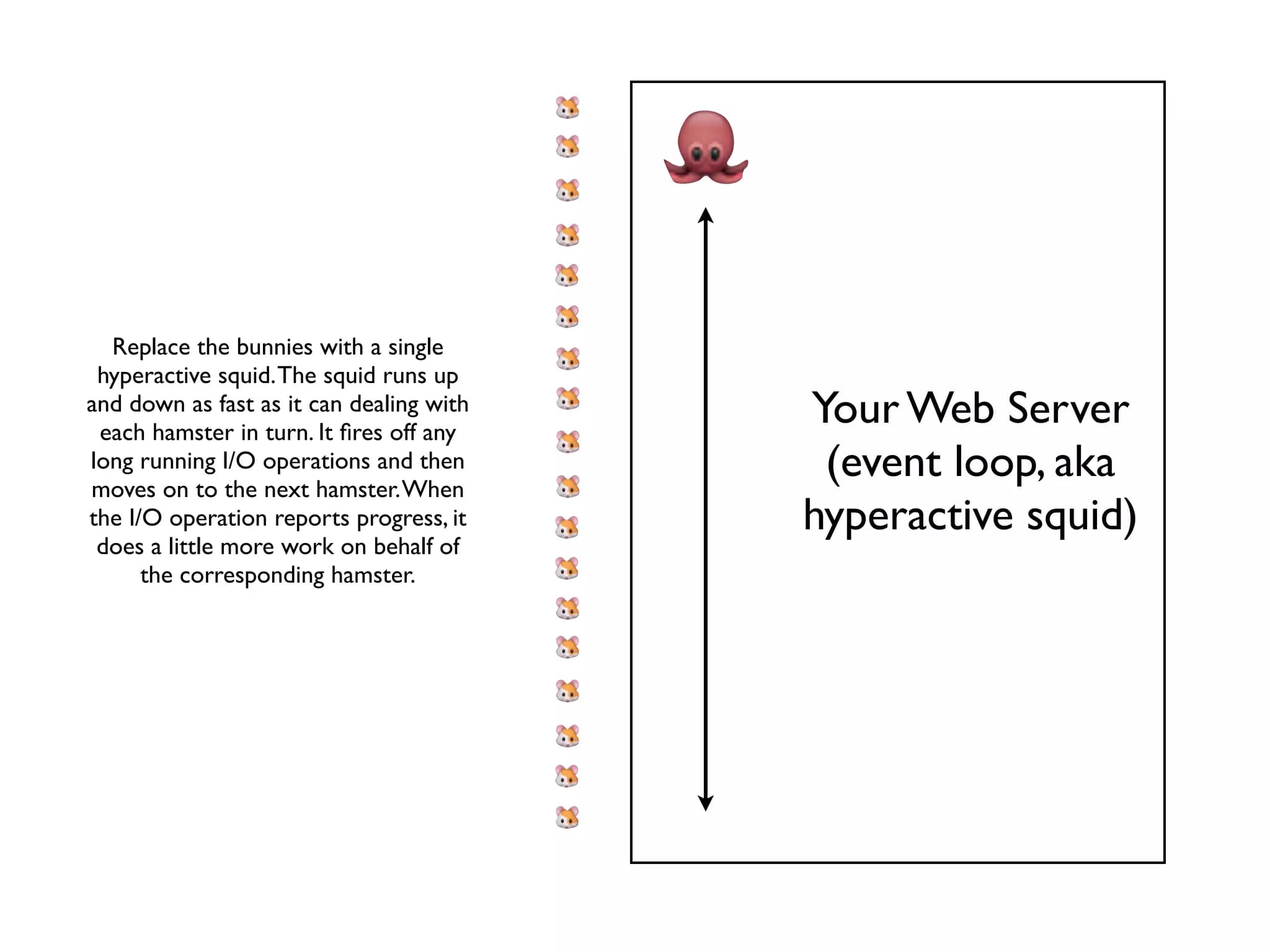7 posts tagged “ryan-dahl”
2024
Oracle, it’s time to free JavaScript. (via) Oracle have held the trademark on JavaScript since their acquisition of Sun Microsystems in 2009. They’ve continued to renew that trademark over the years despite having no major products that use the mark.
Their December 2019 renewal included a screenshot of the Node.js homepage as a supporting specimen!
Now a group lead by a team that includes Ryan Dahl and Brendan Eich is coordinating a legal challenge to have the USPTO treat the trademark as abandoned and “recognize it as a generic name for the world’s most popular programming language, which has multiple implementations across the industry.”
What we got wrong about HTTP imports (via) HTTP imports are one of the most interesting design features of Deno:
import { assertEquals } from "https://deno.land/std@0.224.0/assert/mod.ts";
Six years after their introduction, Ryan Dahl reviews their disadvantages:
- Lengthy (non-memorable) URLs littering the codebase
- A slightly cumbersome
import { concat } from "../../deps.ts";pattern for managing dependencies in one place - Large projects can end up using multiple slightly different versions of the same dependencies
- If a website becomes unavailable, new builds will fail (existing builds will continue to use their cached version)
Deno 2 - due in September - will continue to support them, but will lean much more on the combination of import maps (design borrowed from modern browsers) and the Deno project's JSR npm competitor. An import map like this:
{
"imports": {
"@std/assert": "jsr:@std/assert@1"
}
}
Will then enable import statements that look like this:
import { assertEquals } from "@std/assert";
2021
Deno Deploy Beta 3 (via) I missed Deno Deploy when it first came out back in June: it’s a really interesting new hosting environment for scripts written in Deno, Node.js creator Ryan Dahl’s re-imagining of Node.js. Deno Deploy runs your code using v8 isolates running in 28 regions worldwide, with a clever BroadcastChannel mechanism (inspired by the browser API of the same name) that allows instances of the server-side code running in different regions to send each other messages. See the “via” link for my annotated version of a demo by Ondřej Žára that got me excited about what it can do.
2020
Deno 1.0. Deno is a new take on server-side JavaScript from a team lead by Ryan Dahl, who originally created Node.js. It’s built using Rust and crammed with fascinating ideas—like the ability to import code directly from a URL.
2019
GitHub Actions ci.yml for deno. Spotted this today: it’s one of the cleanest examples I’ve seen of a complex CI configuration for GitHub Actions, testing, linting, benchmarking and building Ryan Dahl’s Deno JavaScript runtime.
2009
Node.js is genuinely exciting
I gave a talk on Friday at Full Frontal, a new one day JavaScript conference in my home town of Brighton. I ended up throwing away my intended topic (JSONP, APIs and cross-domain security) three days before the event in favour of a technology which first crossed my radar less than two weeks ago.
[... 2,025 words]node.js at JSConf.eu (PDF). node.js creator Ryan Dahl’s presentation at this year’s JSConf.eu. The principle philosophy is that I/O in web applications should be asynchronous—for everything. No blocking for database calls, no blocking for filesystem access. JavaScript is a mainstream programming language with a culture of callback APIs (thanks to the DOM) and is hence ideally suited to building asynchronous frameworks.
